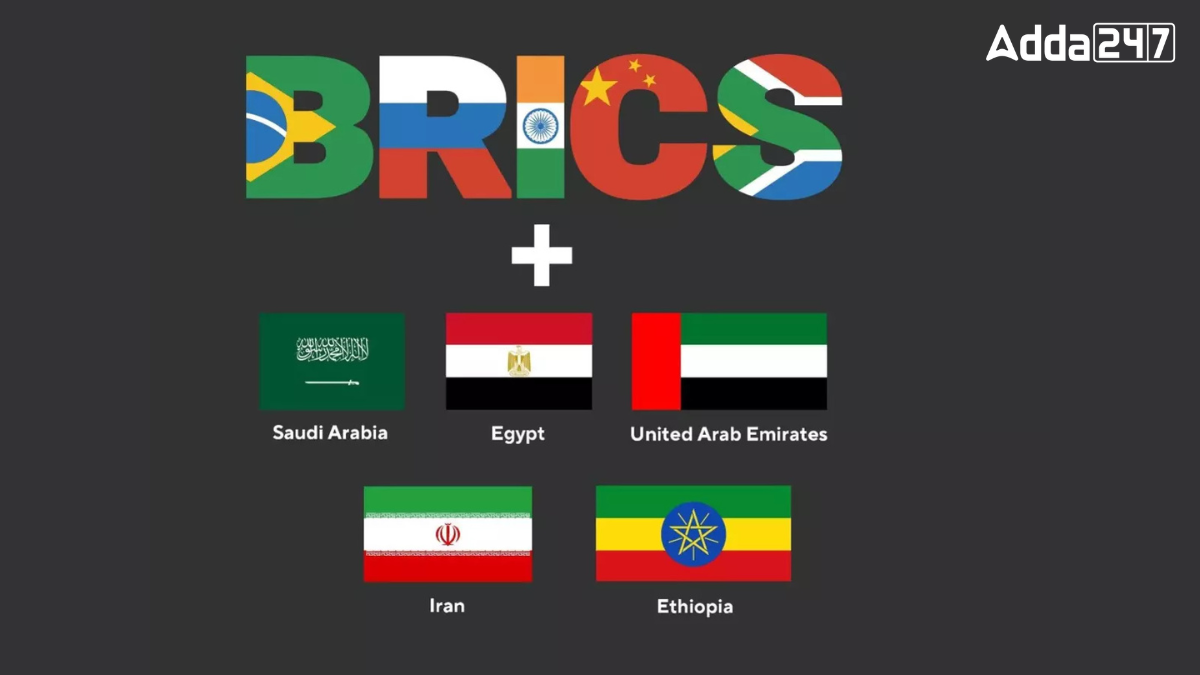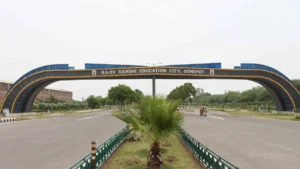BRICS is a group of five major emerging economies: Brazil, Russia, India, China, and South Africa. These countries work together to promote economic growth, cultural exchange, and cooperation in various areas. They hold annual summits to discuss important global issues and make plans for the future. Each year, a different country takes the lead as chair, organizing meetings and guiding discussions to strengthen their partnership and improve their influence worldwide.
What is BRICS?
BRICS is an international organization made up of five major emerging economies: Brazil, Russia, India, China, and South Africa. This organization was started in 2006 to boost cooperation among these countries in areas like economy, politics, and culture. In 2024, BRICS will welcome new members, expanding its influence further.
History of BRICS
BRICS began as BRIC, a term coined in a 2001 report by Jim O’Neill, referring to Brazil, Russia, India, and China. The first meeting of foreign ministers occurred in 2006, and the first summit was held in Yekaterinburg, Russia, in 2009, focusing on global economic cooperation. South Africa joined in 2010, leading to the name change to BRICS.
The group pledged $75 billion to the IMF in 2012 and announced plans to create the New Development Bank in 2013 to provide alternatives to Western financial institutions. In 2014, BRICS established the bank and a currency reserve pool.
During the COVID-19 pandemic, virtual summits addressed economic recovery. In 2023, six new countries were invited to join BRICS in 2024, aiming to create a multipolar world, though Argentina later withdrew its application.
Current Members of BRICS
The current members of BRICS are:
- Brazil
- Russia
- India
- China
- South Africa
New countries included as member of BRICS, effective from 01st January 2024:
- Iran
- Egypt
- Ethiopia
- United Arab Emirates
- Saudi Arabia (pending confirmation)
Objectives of BRICS
BRICS was created to:
- Promote trade among member countries.
- Support economic development and improve the living standards of people in these nations.
- Provide an alternative to traditional global financial systems, like the International Monetary Fund (IMF) and the World Bank.
Areas of Cooperation of BRICS
BRICS countries cooperate in various areas, including:
- Finance and central banking
- Trade and business forums
- Health and science
- Security concerns, such as terrorism and agriculture
- Youth initiatives and disaster management
BRICS Summits
Since it was established, BRICS has organized annual summits where each member country has the opportunity to host the event. Here’s a recap of the details from these summits:
| Year | Host Nation | Date | Chairmanship |
| 2009 | Yekaterinburg, Russia | June, 16 | Dmitry Medvedev |
| 2010 | Brasília, Brazil | April, 15 | Luiz Inácio Lula da Silva |
| 2011 | Sanya, China | April, 14 | Hu Jintao |
| 2012 | New Delhi, India | March, 29 | Manmohan Singh |
| 2013 | Durban, South Africa | March 26-27 | Jacob Zuma |
| 2014 | Fortaleza, Brazil | July 15-16 | Dilma Rousseff |
| 2015 | Ufa, Russia | July 8-9 | Vladimir Putin |
| 2016 | Benaulim, India | October 15-16 | Narendra Modi |
| 2017 | Xiamen, China | September 3-5 | Xi Jinping |
| 2018 | Johannesburg, South Africa | July 25-27 | Cyril Ramaphosa |
| 2019 | Brasília, Brazil | November 13-14 | Jair Bolsonaro |
| 2020 | Saint Petersburg, Russia (virtual) | July | Vladimir Putin |
| 2021 | New Delhi, India | September | Narendra Modi |
| 2022 | Beijing, China (virtual) | June 23 | Xi Jinping |
| 2023 | Johannesburg, South Africa | August 22-24 | Cyril Ramaphosa |
| 2024 | Kazan, Russia | October 22-25 | Vladimir Putin |
The Role of Chairmanship
Every year, the chairmanship of BRICS rotates among its member countries. For 2024, Russia holds the chair, and President Vladimir Putin leads the discussions. This year, Russia focuses on three main areas:
- Politics and Security
- Economy and Finance
- Cultural and Humanitarian Ties
Goals and Themes of the 2024 Summit of BRICS
During the 2024 summit, Russia aims to:
- Increase BRICS’ role in the international financial system.
- Encourage collaboration among member banks and promote the use of BRICS currencies.
- Enhance cooperation between tax and customs authorities.
Impact of New Member on BRICS
The addition of new members in 2024 will significantly change how BRICS operates:
- More Diversity and Complexity: With the inclusion of Egypt, Ethiopia, Iran, Saudi Arabia, and the United Arab Emirates, BRICS will become more diverse. This diversity brings various political and economic viewpoints but can also complicate decision-making.
- Challenges in Consensus-Building: As the group grows, reaching agreements on political issues may become harder. Currently, BRICS operates on a consensus basis, but increased membership could lead to disagreements, affecting cooperation.
- Strategic Goals and Internal Dynamics: The new BRICS must define clear strategic goals to unify their actions. Without a solid framework for cooperation, the group may struggle with conflicting interests. The rivalry between China and India will also influence the group’s direction.
- Enhanced Global Influence: The expanded BRICS group represents about 37.3% of global GDP and a significant portion of the world’s population. This economic power can help the group negotiate for a more balanced international order and increase its influence in global governance.




 Which River is known as the Milk River o...
Which River is known as the Milk River o...
 What is the State Flower of Delhi? Know ...
What is the State Flower of Delhi? Know ...
 Which District of Haryana is known as th...
Which District of Haryana is known as th...








